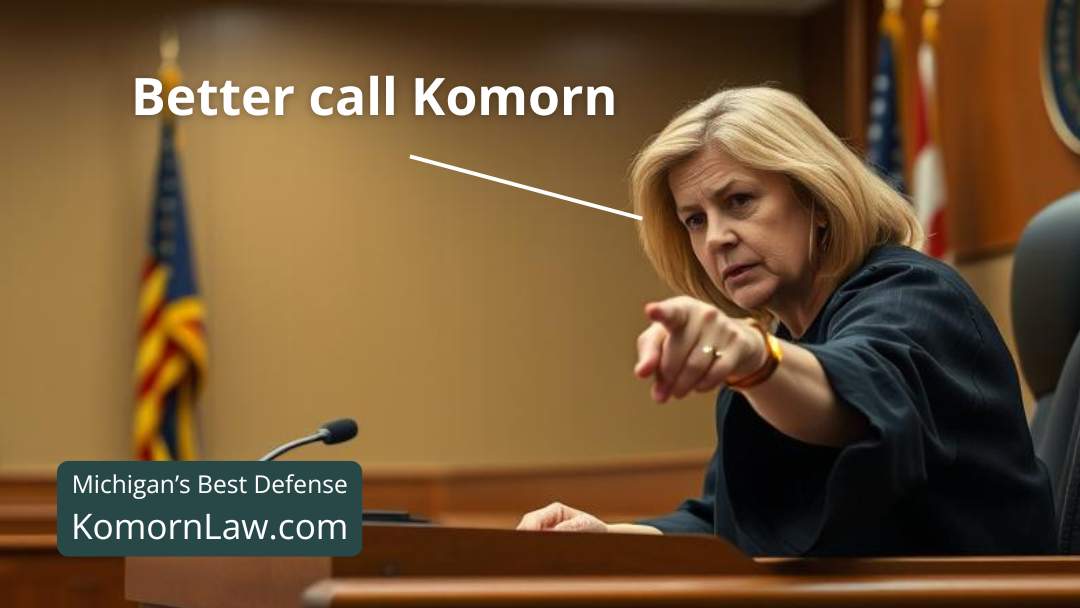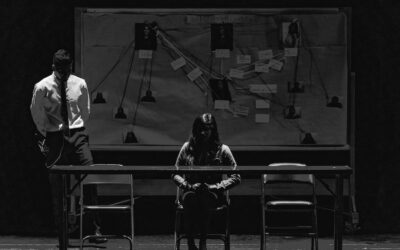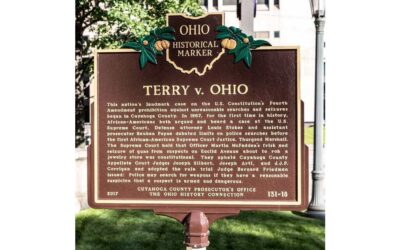Mere presence in a “high crime” area does not provide particularized suspicion of criminal activity for an investigatory detention.
People vs Prude
In People v Prude, Prude was in a parked vehicle at an apartment complex that was regularly patrolled by police because of frequent reports of crimes committed by non-residents. Prude was observed by an officer sitting alone during daylight hours, with the engine off, in an area of the parking lot where criminal activity was common. No one else was in the area, and there was no evidence Prude’s vehicle was parked illegally or describing how long he had been parked in that location.
I’m outta here
An officer approached Prude, asked for identification, and inquired whether he was a resident of the complex. Although Prude declined to identify himself, he answered that he was not a resident but that he stayed at the complex with his girlfriend who was a resident. A second officer then arrived, approached Prude’s vehicle, and upon recognizing Prude, provided his name to the first officer.
The first officer then advised Prude he needed to be with a resident while on the property before returning to his patrol vehicle to verify Prude’s tenant status through LEIN and to check the complex’s internal database to see if Prude had previously received a trespass warning from the complex. When asked, the second officer advised Prude he was being detained and that he was not free to leave. Prude then started the vehicle, rolled up his window, and drove away at a high rate of speed.
Komorn Law (248) 357-2550
Criminal Defense | DUI | Traffic Tickets | Business | Family Law
In it to win it
Prude was later arrested, charged, and eventually convicted by a jury of second degree fleeing and eluding under MCL 257.602a(4), and assaulting, resisting, or obstructing a police officer under MCL 750.81d(1). The Court of Appeals affirmed Prude’s convictions. Prude sought leave to appeal where he argued that because both offenses required the prosecution to prove beyond a reasonable doubt the police acted lawfully (see People v Chapo and People v Moreno), the prosecution presented insufficient evidence the officers lawfully detained him based on a reasonable suspicion he was trespassing. The Michigan Supreme Court granted leave and without any oral argument, reversed Prude’s convictions and remanded the case to the trial court to enter judgments of acquittal.
The article is continued here: Terry Stop and Refusal to Identify Yourself to Police
Source: Legal Update 157 Mich.gov
Just goes to show – when you fight there’s a chance you can win.
Better call Komorn (248) 357-2550
More Posts
Sometimes our posts provide a general overview of things with opinionated sarcasm and dry humor by the writer to lighten the same old same old of other law sites. It does not substitute for legal advice. Anyone charged with a criminal offense should consult an attorney for specific legal guidance. BTW. True Fact: When Michael Komorn fights the justice system there is only one focus. You and your rights.
Recent

Legal Tip – Your Rights During a DUI Stop in Michigan
Komorn Law - Quick Legal TipsLegal Tip: Understanding Your Rights During a DUI Stop in Michigan A DUI stop can be stressful, but knowing your rights is crucial. You have the right to remain silent. You are not obligated to answer questions beyond basic identification....

How to create and share a Dropbox link
Simplified Sender and Receiver Dropbox Share Instructions to Someone NOT on your Team. Don't get caught up in another license or give access to your whole box by mistake.Dropbox Sender Share Instructions Log into your Dropbox account Hover over the file or folder...
Related
No Results Found
The page you requested could not be found. Try refining your search, or use the navigation above to locate the post.









